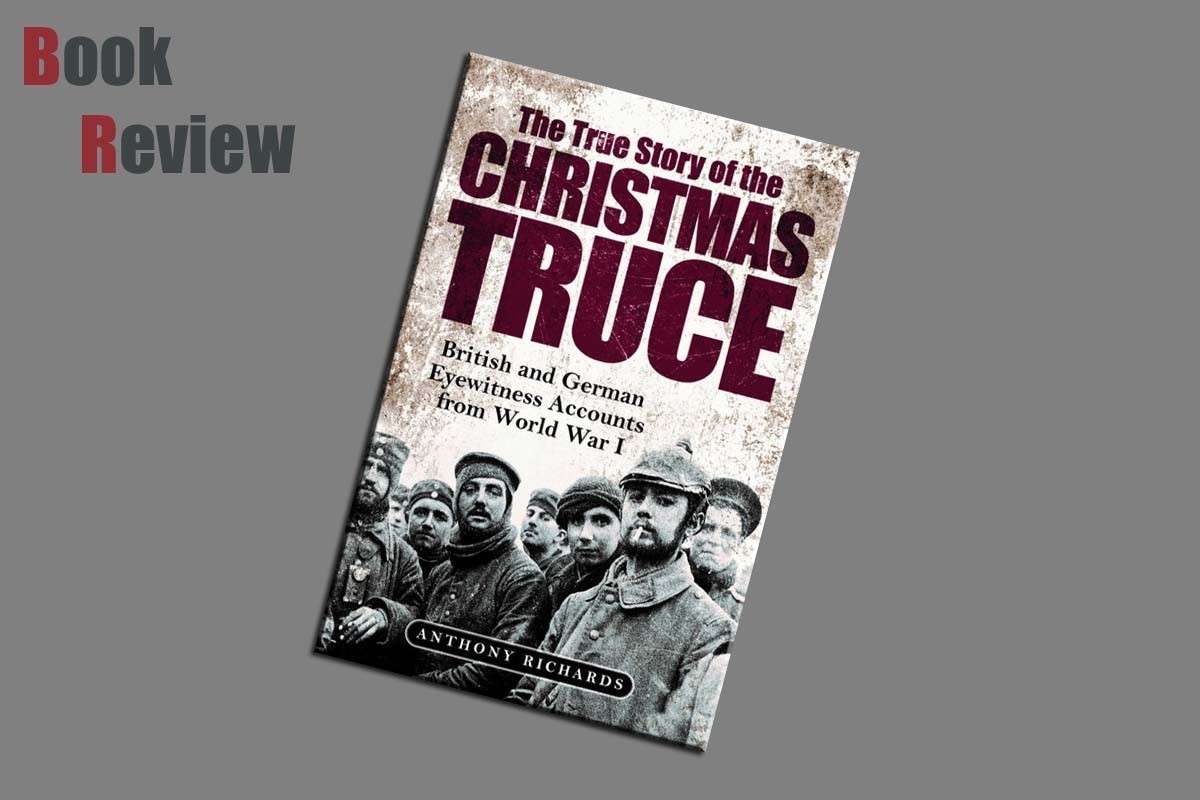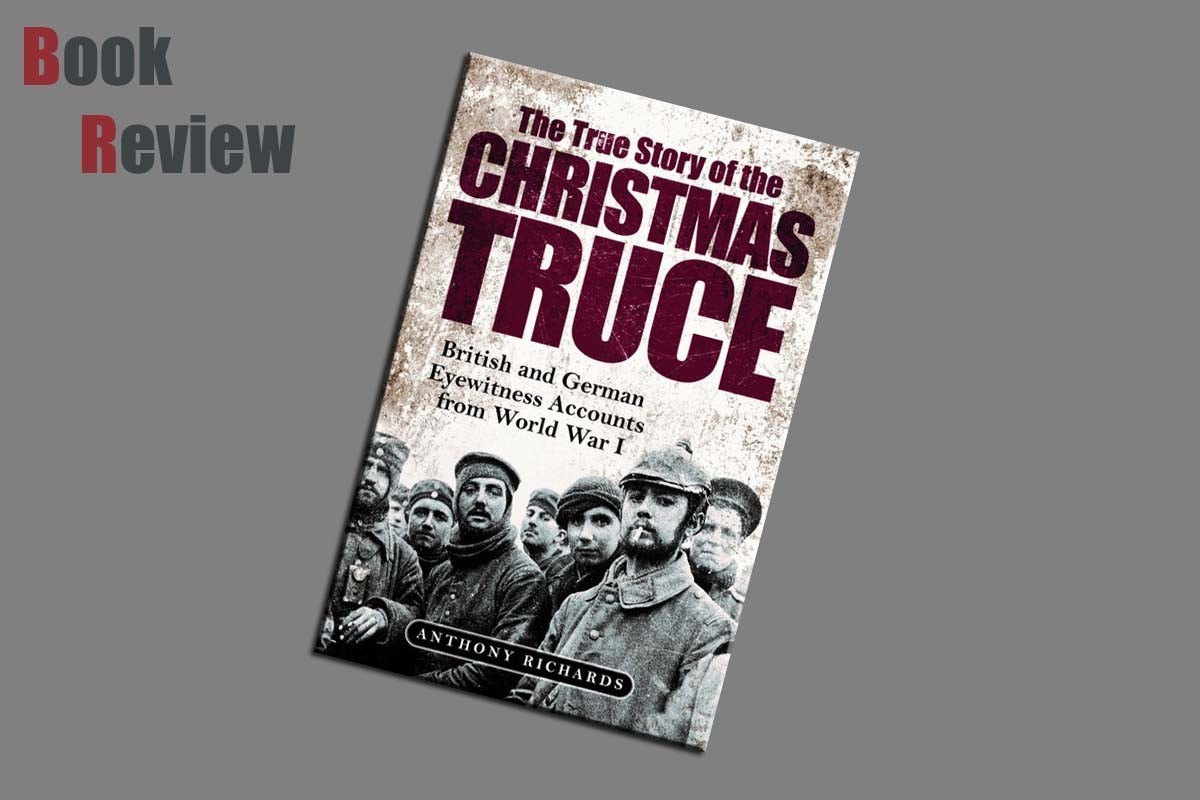
Introduction
The following introduction is taken from the Pen and Sword website:‘
One of them shouted “A Merry Christmas English. We’re not shooting tonight.” . . . [then] they stuck up a light. Not to be outdone, so did we. Then up went another. So, we shoved up another. Soon the lines looked like an illuminated fete.’ Rifleman Leslie Walkington
On Christmas Eve 1914, a group of German soldiers laid down their arms, lit lanterns and started to sing Christmas carols. The British troops in nearby trenches responded by singing songs of their own. The next day, men from both sides met in No Man’s Land. They shook hands, took photos and exchanged food and souvenirs. Some even played improvised football games, kicking around empty bully-beef cans and using helmets for goalposts. Both sides also saw the lull in fighting as a chance to bury the bodies of their comrades.
In some parts of the front, the truce lasted a few hours. In others, it continued to the New Year. But everywhere, sooner or later, the fighting resumed. Today, the Christmas Truce is seen as a poignant symbol of hope in a war that many people regard as unnecessary and futile. But what was the real story of those remarkable few days?
In this fascinating new book, historian Anthony Richards has brought together hundreds of first-hand reminiscences from those who were there – including previously unpublished German accounts – to cast fresh light on this extraordinary episode.
Review
This offering from Pen and Sword publishing is a Greenhill’s book, authored by Anthony Richards. It is a hard backed offering of 228 pages, with a small number of glossy black and white photographs, roughly a third of the way in. The contents of this offering are presented as follows:
Introduction
Digging In
Christmas Approaches
Christmas Eve in the British Sector
Christmas day on the British Sector
The Christmas Truce Elsewhere
Boxing Day and Afterwards
Causes
Legacy
World War I tends to be remembered for its brutality and waste of human life on all sides. I don’t know how well the story of the Christmas truce of 1914 is known by the various countries engaged, but there are various levels of knowledge in the UK, mostly be people of a certain age, who knew relations who fought in the war. This offering presenting the words of the people who had firsthand experience of these events and I suspect are no longer with us, provides the reader with a unique insight to a story that both sides tried to hide. The ceasefire that broke out during the Christmas of 1914 did not cover the whole of the front line on the Western front, with the area of Flanders being the point where the ceasefire was most in effect. Men and officers sang Christmas carols in their trenches on Christmas Eve with, in some places Officers and men advancing into no man’s land during Christmas day. I suspect most know the story of impromptu football games, but unlike the stories no-one had a football, and empty bully beef tins were used as footballs, with helmets marking the goals.
What I did not know, is that in some places the ceasefire extended from the evening of Christmas Eve to New Year’s day. The time during this lull in the fighting was used for such things as exchanging gifts and generally just being people again. But the time was also used to gather up the dead, and give them a proper burial by all sides. The result of the fraternisation on both sides was that a number of British Officers at least were sent for court marshal, with most using the excuse that it allowed them to gather intelligence. Regardless of the events that took place over Christmas 1914, these events were no repeated again over the war, which to my mind make these Christmas celebrations a unique event, during wartime for all those involved.
Conclusion
These events that took place during the early portion of WWI helps to replenish your faith in humanity, which while never, repeated makes for an interesting historical event. I do not believe that any of those that were involved in these events are still alive, and so these words provided by the people make for a unique reference and insight into the front line on the Western front during Christmas 1914.


























